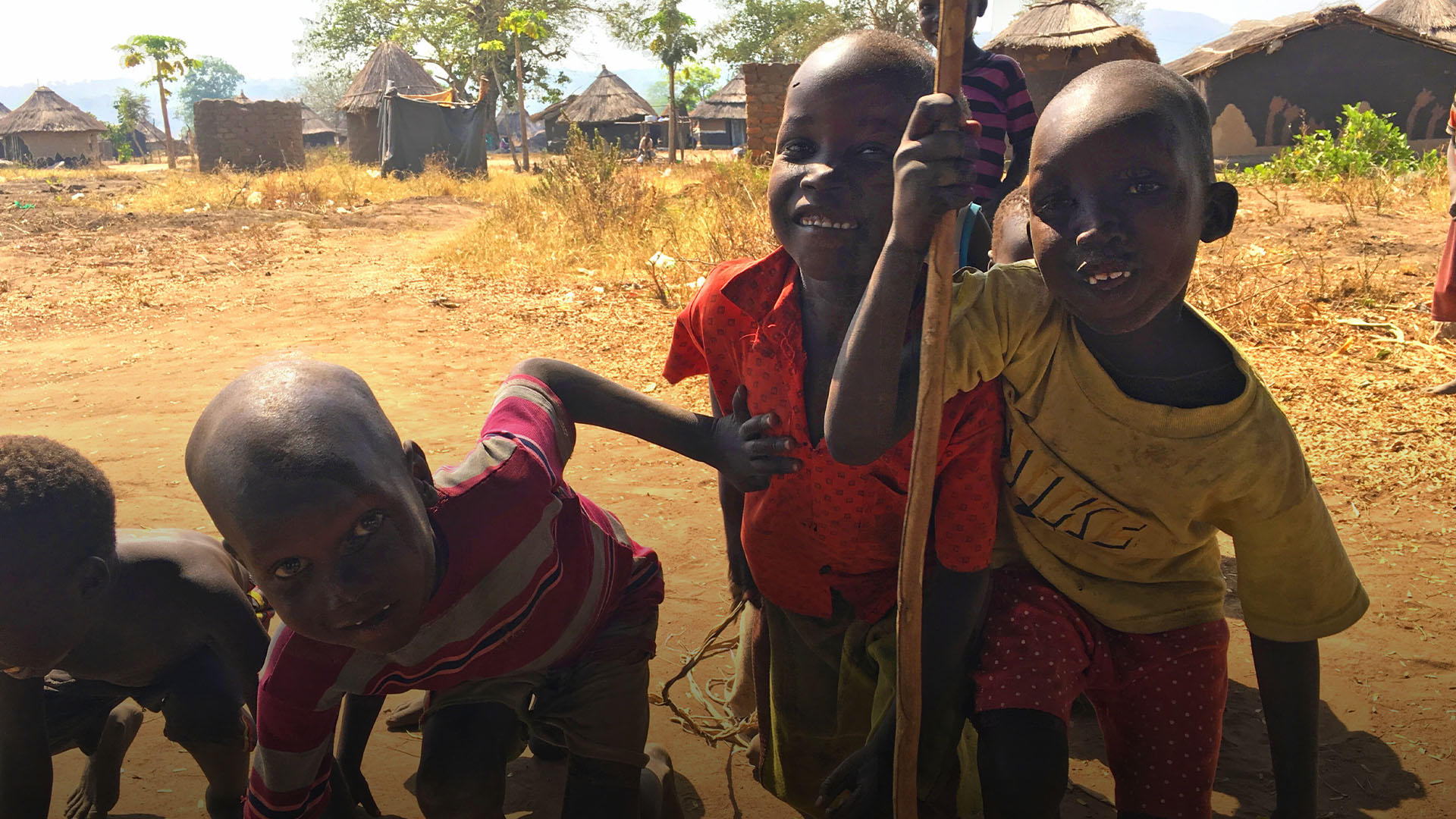Africa has not featured heavily in much of recent news, but they are still being deeply impacted by the specter of the coronavirus.
In the middle of March, the coronavirus came into Uganda, and it has devastated our economy like it has for many other countries in the world. The problem that we have here is that there are no government structures in place to deal with it.
No social structures are really available to assist people like food banks or soup kitchens, and the government’s not providing unemployment checks for people out of work. Essentially, 80 percent of over 42 million people are out of work with nowhere to turn.
Can you imagine what they’re going through right now and what they’re feeling? There’s so much chaos and confusion. They don’t know how they’re going to make it through tomorrow or how they’re going to feed their children. If they or their child gets sick, can they get treatment?
The situation here is very frightening for a lot of people.
Addressing the Needs of the Hour
Here at Terebinth Ministries, we run a school to raise up pastors in three years. These are agents of change in their community, people who understand the word of God, the plan of God and know how to effectively interpret the Word of God.
We also have a medical clinic that is situated out in the village, and around it are some of the poorest people in Northern Uganda. Nearby that clinic, we have a farm with a large storage facility where we can store months and months’ supply of grain to help the poor and feed people. One of the outlets for this storage facility is our food and discipleship program for 150 widows that we provide for on a monthly basis.
Right now, as a result of the pandemic, the only area of our ministry that has closed down is our school. In the storage facility, we are currently buying as much grain, rice and beans as we can because people are going to really need food in three, four, five months from now.
In our medical clinic, it’s a challenging time even though we haven’t seen any coronavirus cases yet. Malaria season has ramped up, so many people are coming in with malaria and typhoid fever, severe illnesses that need to be treated.
When people are bringing in a child with malaria, they have to walk because the transportation industry is essentially shut down. Many of them walk miles to get treatment. Most of them don’t have money because the government has shut down so many jobs.
For many, a clinic like ours is a lifesaver. If malaria goes untreated, it’s deadlier than the coronavirus; but it only takes $10 to treat someone who has contracted malaria.
A Promise of Hope on the Airways
Most importantly, we’ve diverted funds from the closed school to go onto the airways, and we try to be on air three to five times a week at minimum.
Most people here don’t have televisions, so they listen to the radio. With the quarantine, most people are stuck inside; through the radio, we’re able to bring thousands of people the message of Jesus and bring hope to people who are in the middle of this devastating situation.
More than anything, we want to tell people in Uganda who Jesus is, and we want them to know that he’s in charge of all of this. He has the power to calm it at any time, but he puts us in these storms for a reason, to get our attention.
We believe God puts the church in these storms to bring hope, to be a light in the darkness.
